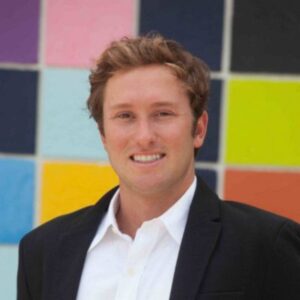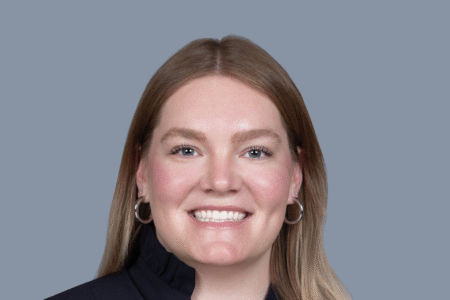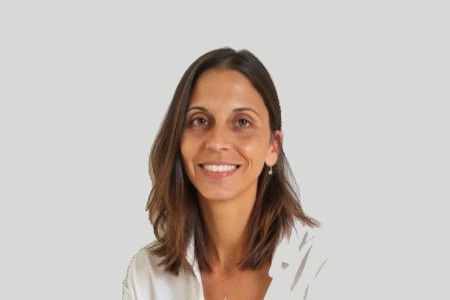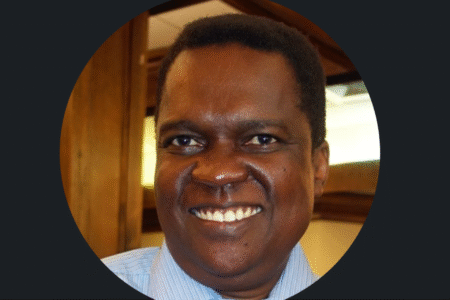Green Success Stories put John Volker of CalCom Energy in The Green Spotlight. John helps businesses in the food supply chain achieve sustainability.

Contents [show]
Tell us a little bit about your background.
I am passionate about utilizing renewable technologies to empower business leaders in the food supply chain to build a sustainable food economy and profitable future. I’m is a San Diego native who also enjoys surfing and freediving all along the California coast. I bring 7+ years of experience representing clients in the Commercial & Industrial solar and wider energy systems space to identify the optimal energy solution for each business guided by the goal of long-term operational excellence. I lead Business Development at CalCom Energy with a focus on Cold Storage and Food Processing companies. I have modeled hundreds of microgrids designed to surpass Scope 1,2, and 3 sustainability goals for multinational C+I clients and am continually amazed at the outcomes possible today.
What would you do with $1 billion dollars?
With the $1BN I would start a renewable finance company designed to advance the adoption of renewables and regenerative agriculture in the U.S. to create a long-term value model for others to replicate on virtually any scale. All profits would be deployed into other renewable projects and farming technologies to combat our changing climate while improving food quality. The company would invest in projects like Ocean Cleanup and technologies that focus on removing contaminants from our waterways before they reach the ocean. Another larger step is to connect transmission lines across country borders. The benefits of this drastic structural advancement would be extraordinary combined with the further development of nuclear power plants and other baseload technologies.
Why do you think sustainability is such an important topic today?
The changes in climate today are becoming an exponentially greater issue each year. The scale at which climate is affecting human life globally is unmatched as a single issue. I’m optimistic about the opportunity for DERs to ultimately save human life during extreme weather events. It’s positive that these major climate shifts we are working to address present a win-win solution globally for participants willing to invest in the future.
What do you envision your industry looking like in ten years?
Food supply chains that we all rely on around the world will be increasingly vertically integrated and localized allowing us to think about problems we face today with the flexibility to reduce carbon emissions, improve food quality and reduce costs for the end consumer. Smart energy grids of the future will allow for the dynamic flow and price of energy to sustainably meet the needs of all consumers. My hope is that we can take steps to eventually allow voters to force governments to democratize our grid. The social cost of investor-owned utilities is too high.




